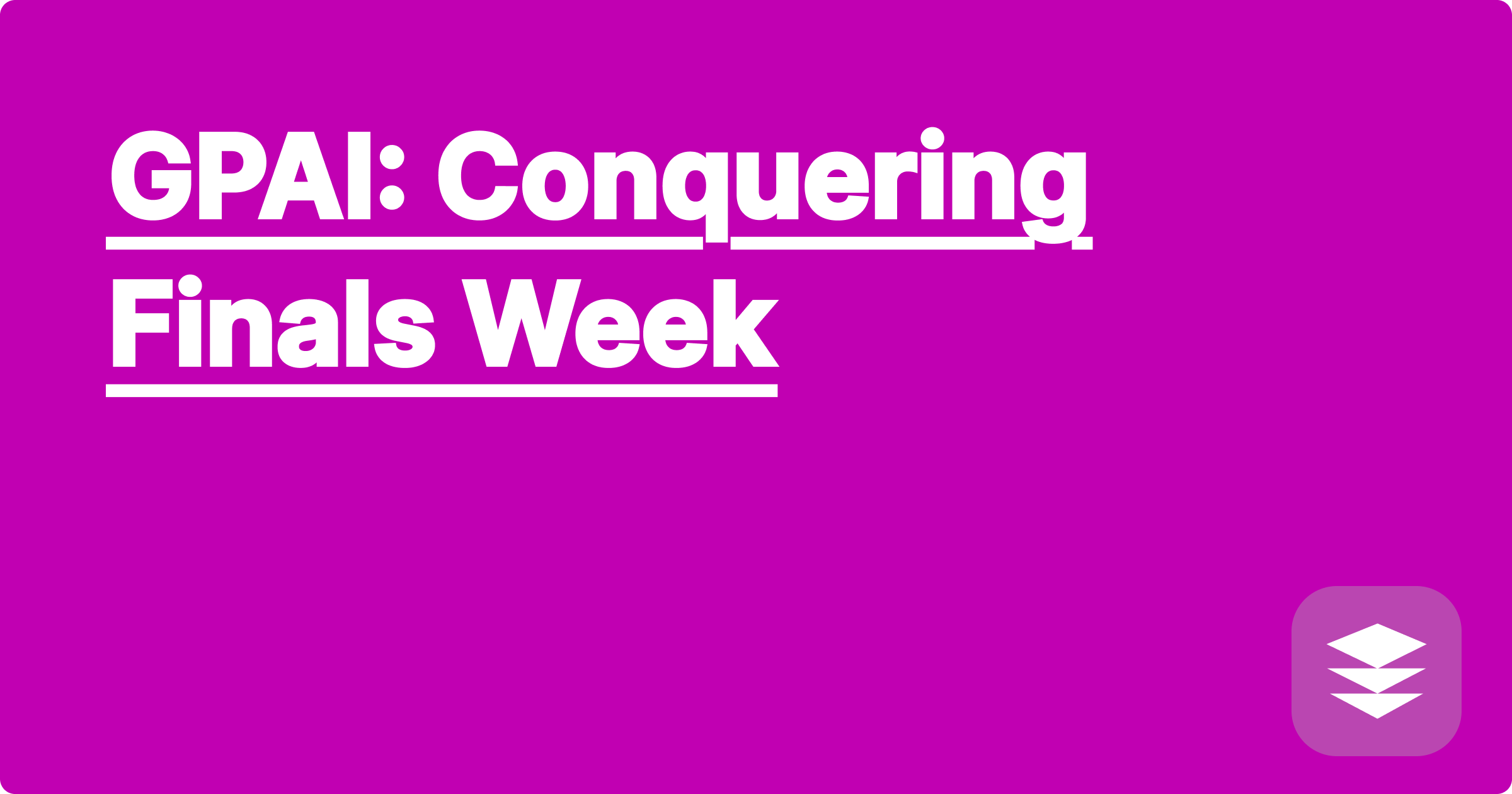
Finals week. Two words that can send shivers down the spine of even the most dedicated STEM student. The culmination of a semester's worth of lectures, labs, and problem sets converges into a pressure cooker of exams, projects, and presentations. This intense period often demands long hours, intense focus, and efficient study strategies. Fortunately, in this age of rapidly advancing technology, we have a powerful ally: Artificial Intelligence. AI can be leveraged to streamline learning, enhance understanding, and ultimately conquer the challenges of finals week.
For STEM students and researchers, the effective use of AI tools is no longer a luxury but a necessity. These tools can be transformative, helping to manage the overwhelming amount of information, synthesize complex concepts, and practice problem-solving skills. Mastering these tools can significantly improve academic performance and research productivity, providing a crucial edge in a competitive field. This blog post explores how Generative Pre-trained Transformer (GPT) models, specifically focusing on tools like ChatGPT and Claude, along with computational knowledge engines like Wolfram Alpha, can be strategically employed to optimize study habits and maximize success during finals week.
The core challenge of finals week lies in efficiently processing and recalling vast amounts of information within a limited timeframe. STEM subjects, in particular, often involve complex formulas, intricate theories, and demanding problem-solving exercises. Students must not only memorize information but also understand its underlying principles and apply them to novel situations. Furthermore, the pressure-cooker environment of finals week can exacerbate stress and anxiety, hindering focus and cognitive function. Traditional study methods, such as rereading notes and textbooks, can be time-consuming and often prove ineffective for retaining complex material. This is where AI-powered tools can bridge the gap, offering personalized learning experiences and targeted practice opportunities.
AI language models like ChatGPT and Claude can be utilized in several ways to enhance study and preparation. They can act as personalized tutors, explaining complex concepts in simpler terms, providing alternative explanations, and answering specific questions. These AI tools can also generate practice questions, quizzes, and even simulated exam scenarios, allowing students to test their knowledge and identify areas of weakness. Wolfram Alpha, with its powerful computational capabilities, can be invaluable for verifying calculations, exploring mathematical concepts, and visualizing complex data. By strategically integrating these tools into a study plan, students can significantly improve their understanding and retention of complex STEM material.
Begin by identifying the key concepts and topics covered in the course syllabus or study guide. Then, use an AI tool like ChatGPT or Claude to summarize these topics, focusing on the core principles and their interrelationships. Ask the AI to provide examples and explain complex formulas or theories in simpler language. Next, generate practice questions and quizzes related to these topics. Use Wolfram Alpha to verify calculations and explore the mathematical underpinnings of relevant formulas. Finally, review the generated practice questions and identify any areas where understanding is lacking. Return to the AI tools for further clarification and generate additional practice problems in those areas.
Consider a student studying for a final exam in calculus. They might ask ChatGPT to explain the concept of derivatives and their applications in physics. ChatGPT can provide a concise explanation, along with examples of how derivatives are used to calculate velocity and acceleration. The student can then use Wolfram Alpha to visualize the derivative of a specific function and explore its graphical representation. Similarly, for a chemistry exam, a student could use Claude to summarize the different types of chemical reactions and their characteristics. They can then use Claude to generate practice questions involving balancing chemical equations. Wolfram Alpha can be used to verify the balanced equations and calculate the molar masses of the involved compounds. As another example, a student studying linear algebra can ask ChatGPT to explain the concept of eigenvalues and eigenvectors. They can then use Wolfram Alpha to calculate the eigenvalues and eigenvectors of a given matrix and visualize their geometric interpretation.
To maximize the benefits of AI tools, incorporate them strategically into your study routine. Don't rely solely on AI for learning; use it as a supplement to traditional study methods. Actively engage with the material by asking questions, testing your understanding, and seeking clarification. Experiment with different AI tools to find the ones that best suit your learning style. Use the AI tools to identify your weaknesses and focus your study efforts on those areas. Finally, remember that AI is a tool, not a replacement for hard work and dedication.
Conclude by emphasizing the importance of consistent effort and strategic planning. By integrating AI tools into a well-structured study plan, STEM students can effectively conquer the challenges of finals week and achieve academic success. Embrace the power of AI, but remember that its effectiveness is amplified by active learning and dedicated practice. Use these tools wisely, and you'll be well-equipped to navigate the complexities of finals week and emerge victorious.